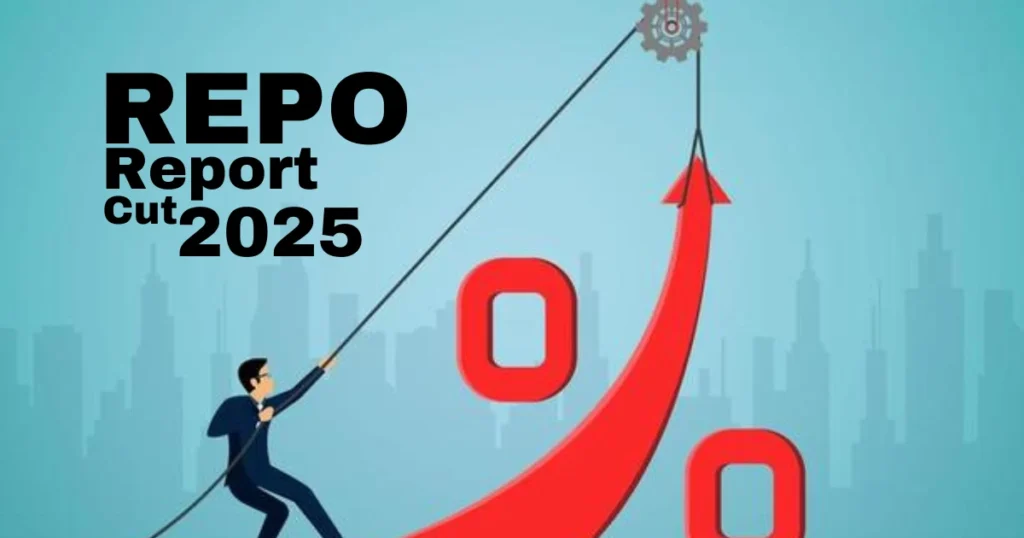Oil on the Boil: Is Geopolitical Risk the New Threat to Your Portfolio?
Introduction: When Global Politics Shake Local Profits
In the world of investing, few things send shockwaves faster than geopolitics—and right now, oil is at the center of it all. With escalating tensions in West Asia, particularly between Israel and Iran, crude oil prices have surged past $85 per barrel, sparking fears across global markets, including India.
As Indian equities wobble and the rupee weakens, one question looms large for investors: Is geopolitical risk the next big threat to your portfolio?
What’s Driving the Oil Spike?
The sharp rise in oil prices is being fueled by:
- Rising conflict between Israel and Iran
- Supply chain fears across the Persian Gulf
- Speculation over U.S. and EU responses
- Potential sanctions or production disruptions
Since India imports over 85% of its crude oil needs, even a small jump in prices can significantly impact inflation, the fiscal deficit, and overall market sentiment.
Why Indian Markets Are Reacting
The ripple effects of higher crude are immediate and wide-ranging:
| Market Reaction | What It Means |
| Sensex/Nifty Slide | Concerns over rising input costs, inflation fears |
| Rupee Weakness | Higher import bills add pressure on the currency |
| FII Outflows | Foreign investors pull out amidst rising global uncertainty |
| Sector Rotation | Defensive and domestic-facing sectors in focus |
Sector Spotlight: Who Gains, Who Hurts?
Under Pressure:
- Aviation: Higher jet fuel prices may shrink margins (IndiGo, SpiceJet)
- Auto: Input cost inflation, weaker rural demand (Maruti, M&M)
- FMCG: Costlier transport & packaging materials (HUL, Dabur)
Beneficiaries:
- Oil & Gas Producers: ONGC, Oil India benefit from crude surge
- Shipping: Higher freight rates boost firms like Shipping Corp
- Gold & Defense Stocks: Safe-haven buying trends
What Should Investors Do?
1. Don’t Panic—Assess Exposure
Review your portfolio’s sensitivity to oil prices. Are you overweight in oil-sensitive sectors?
2. Stay Defensive
Add exposure to sectors with stable cash flows: FMCG, IT services, and domestic infrastructure.
3. Consider Hedge Assets
- Gold ETFs: Perform well in risk-off environments
- Oil-linked funds: Track crude price movement
4. Keep Cash Handy
Correction periods often create opportunities to buy quality stocks at a discount.
Final Thoughts: Navigating Through the Noise
Geopolitical risks are hard to predict—but their impact on the market is very real. Whether or not tensions escalate further, the spike in oil prices is a reminder of how quickly global events can disrupt portfolios.



